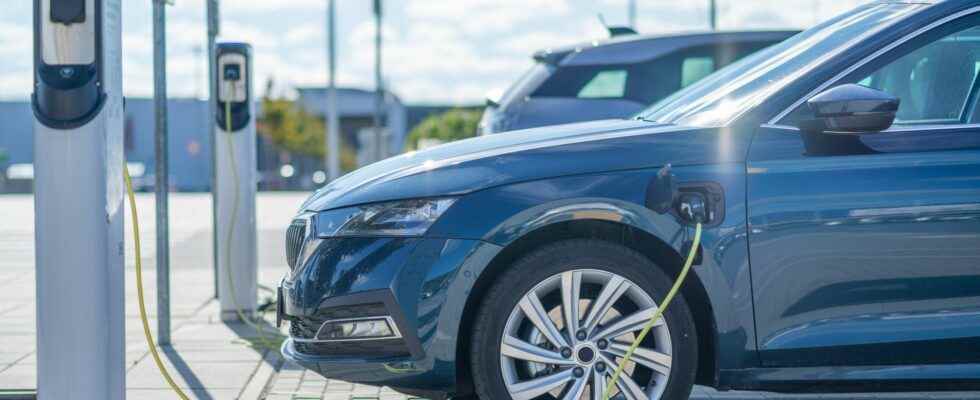The high electricity prices are also partly reflected in the charging stations for electric cars, although there are few figures on this. Most recently, Wien Energie, EVN and Energie Burgenland have increased their prices – with the Viennese increasing by around 56 percent, the Lower Austrian and Burgenland state energy suppliers by around 28 percent, according to the ÖAMTC.
The regulatory authority E-Control also noticed an increase in prices at the charging stations, which would be based on the increased household prices for electricity. This is a general market observation, because only a small part of the supply points would report the prices, it said. These are the “ad hoc” charges, i.e. without a collective agreement with a provider. Charging in households or at work would also not be recorded. Without these options, the electric car would be expensive to operate anyway, the ÖAMTC warns. In mid-August, the Chamber of Labor (AK) complained about a “price jungle” at e-charging stations. It is difficult to say where the cheapest place to charge is outside your own four walls. In any case, the cheapest way to fill up is at home. The AK calculated electricity costs of 5.57 euros for a journey of 100 kilometers with an average electric car (15 kWh per 100 km, which is very cheap). The vehicle is 80 percent at home and 20 percent at public charging stations with electricity fed (which according to AK corresponds to average use), one paid an average of 6.57 euros for 100 kilometers in August. If you only used public charging stations, you would have had to pay an average of 10.57 euros at the time the price was collected. For comparison: the AK calculated costs of 13.23 and 14.28 euros for the same journey with diesel or petrol drive.
source site-13
